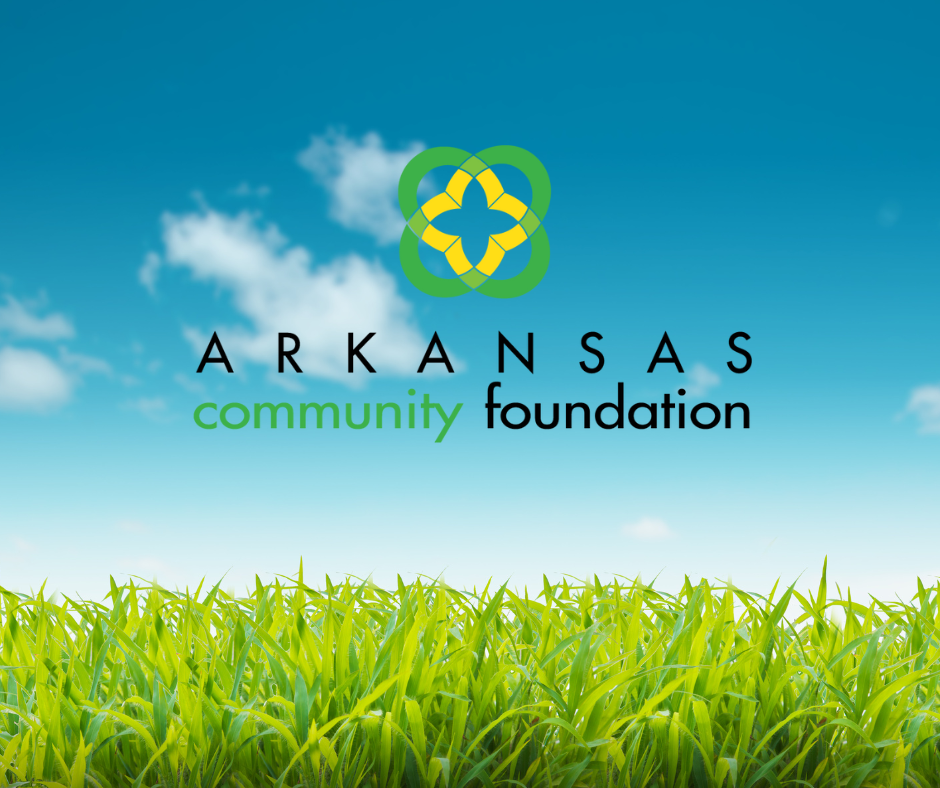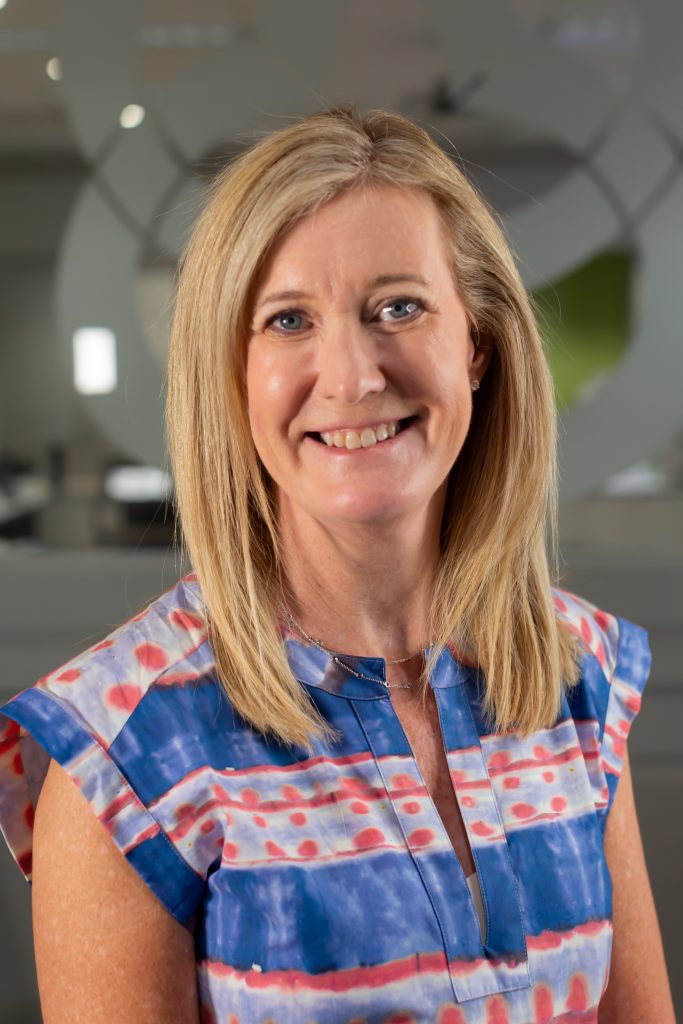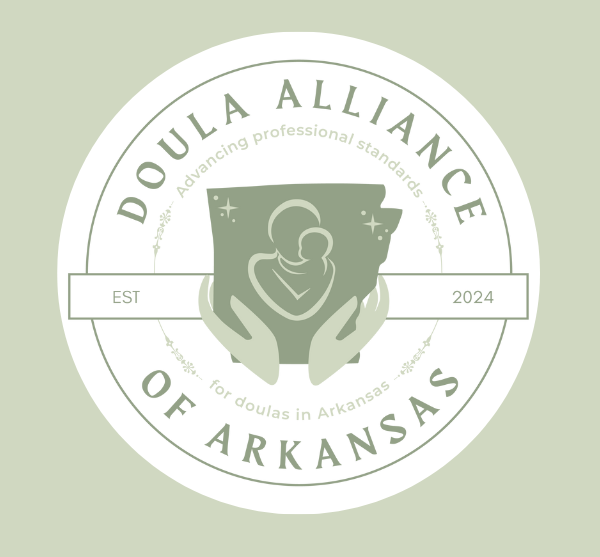“Nothing is so fatiguing as the eternal
hanging on of an uncompleted task.”
–William James
Procrastination is a drain in ways that go far deeper than the
incomplete task itself. We know this intellectually, but it can be so hard to
break the procrastination habit. It seems that the more daunting the task, the
harder it is to tackle. Certainly this is a major reason some clients put off
important planning discussions. Of course, many of those discussions are
tax-sensitive, which means year-end can get very hectic and stressful for
clients who wait until the last minute.
As the year begins to wind down,
consider tapping into your clients’ philanthropic interests as a catalyst to
motivate them to start addressing year-end planning items now, rather than
waiting until November or December. You may discover that the uplifting topic
of philanthropy makes it easier to start a conversation. Then, the conversation
can evolve to include not only charitable giving topics, but also other tax
planning topics that need attention.
Here’s how this could work with a
client:
–Reach out to the client to suggest
that you meet–or at least jump on a call–to check in on 2024 charitable giving
plans and other items.
–Open the conversation by briefly
recapping the charitable planning components already in place and the client’s
history of giving. Then ask the client about their plans for 2024.
–As you talk with the client about
charitable intentions, bring up various charitable giving tools and
opportunities that match those intentions. In each case, use the charitable
discussion as a springboard for general tax planning items that need to be addressed
before year-end.
–For example, if a client who is over
70 ½ mentions wanting to support a particular need or organization in the
community, you can suggest that you loop in the Community Foundation team to
potentially establish a field-of-interest or designated fund, which can then
receive distributions from the client’s IRA up to $105,000 annually per spouse.
This, in turn, opens the door to discuss Required Minimum Distributions and
other elements of retirement planning in general.
–If the client mentions that they are
already dreading gathering tax receipts for 2024 charitable donations, suggest
that the client consider setting up a donor-advised fund at the Community
Foundation to serve as a convenient and rewarding “hub” for charitable giving.
Going forward, the client can conduct the bulk of their giving using the
donor-advised fund and avoid the mad scramble for receipts. If the client
already has a donor-advised fund, make sure they know how to use it most
effectively, and reach out to the Community Foundation team for help. The topic
of discussing charitable donation receipts presents a nice opening to remind a
client about other paperwork that may need to be gathered or completed to meet
overall estate and financial planning goals.
–When your client talks about charities
they plan to support before year-end, remind your client not to automatically
reach for the checkbook. Most of the time, highly-appreciated marketable
securities (or other highly-appreciated, long-term assets) are ideal gifts to a
client’s charitable fund because the client is eligible for a tax deduction at
the assets’ fair market value, and the proceeds from the sale of the assets
will flow into the client’s fund at the Community Foundation free from capital
gains tax. That means more funds are available to support the client’s favorite
causes. Conveniently, the conversation about highly-appreciated stock can segue
naturally into a conversation about overall stock positions.
–Philanthropy topics can naturally lead
into even more topics that are sensitive to year-end timing, such as annual
exclusion gifts, estimated tax planning, and updating wills and trusts before
the extended family gathers for the holiday or travels together overseas.
–Review the charitable components of
the client’s estate and financial plans, including provisions in wills and
trusts, beneficiary designations, donor-advised funds, prior years’ tax
deductions, and historical gifts to favorite charities.
The Community Foundation team is here
to help you serve your charitable clients every step of the way, every month of
the year. We understand that late-December transactions are often unavoidable.
The net-net is that we’re happy to work with you according to your clients’
schedules – whether that means getting a jump on a new year and processing
stock gifts in February, helping you plan in September for year-end, or
preparing fund agreements in December. It’s our pleasure to assist you whenever
you need it!















